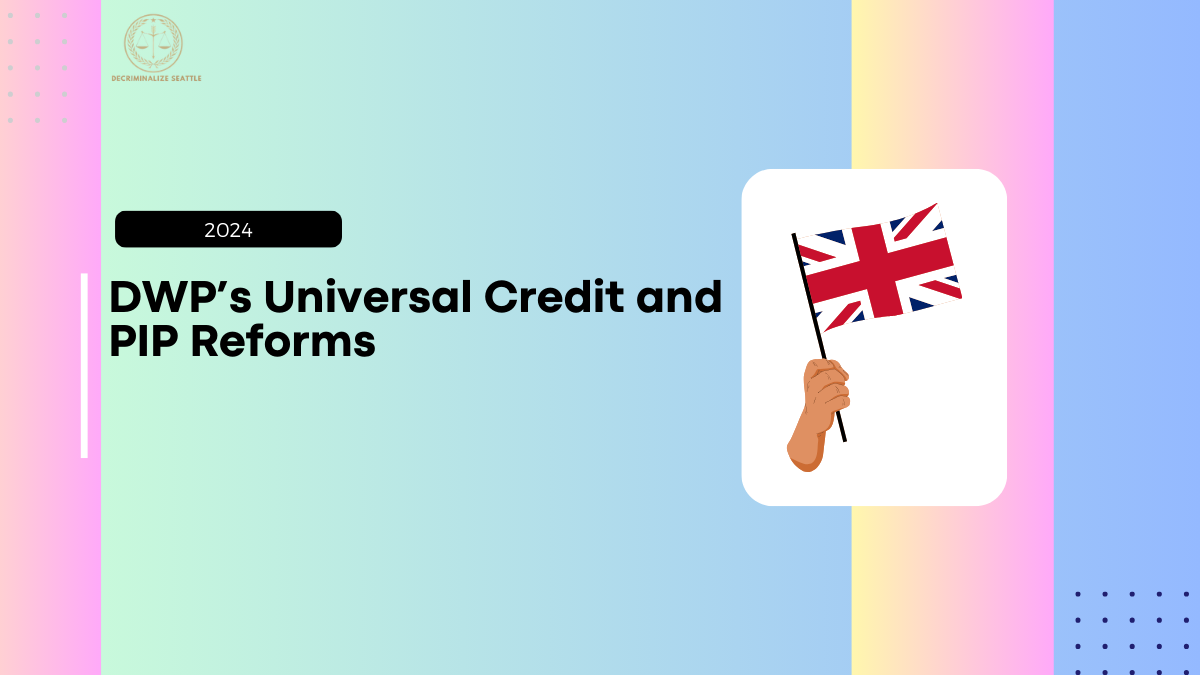The Personal Independence Payment (PIP) is a critical welfare benefit scheme in the UK, aimed at aiding adults who face additional living expenses due to long-term health conditions or disabilities. Recently, the Department for Work and Pensions (DWP) proposed modifications to the PIP system, which have triggered intense discussions among various groups, including disabled individuals, benefit activists, and governmental bodies.
Many have labeled these proposed adjustments as “cruel,” raising significant concerns about the possible consequences they may have on the lives of people with disabilities.

DWP’s Universal Credit and PIP Reforms
This debate has exposed underlying anxieties within the disabled community and broader fears about the direction of the government’s welfare policies. Critics argue that the proposed changes could lead to increased hardships for disabled individuals, making the system more stringent and less empathetic. On the other hand, the DWP maintains that these adjustments are intended to strengthen the support system, ensuring it is effective in helping those in genuine need and assisting those who can work, thereby fostering independence and equality.
Government’s Perspective on the Proposed PIP Changes
The government, represented by the DWP, has emphasized its dedication to improving the welfare system to offer more equitable support for disabled people. A DWP spokesperson clarified that the main objective is to secure the rights of disabled individuals in law, ensure equal pay, and reform the welfare system to provide better support. The aim is not only to assist those in need but also to create pathways for those capable of working to find suitable employment opportunities.
In response to criticism, the government has reiterated its stance that the reforms are designed to support disabled individuals while restructuring the welfare system to be more effective and less bureaucratic. They emphasize that people with disabilities and long-term health conditions deserve equal rights to live fulfilling lives, and the reforms are intended to embed these rights within the welfare system’s legislative framework.
Advocacy for a System Overhaul
Amid ongoing discussions, various groups, including disabled individuals and advocacy organizations, have advocated for a complete overhaul rather than minor tweaks to the PIP system. They believe that the current framework is fundamentally flawed and requires a broader transformation to effectively serve disabled people.
Criticism of the Current PIP System
The current PIP system has faced substantial criticism for its excessive bureaucracy, putting an undue burden on claimants to justify their disabilities and prove their need for support continuously. The process often includes a stressful and complex assessment, which many find invasive and demeaning. Critics have argued that the system appears to be designed to identify and penalize claimants, fostering an environment of suspicion around disability benefits.
Proposals for a New, Supportive System
Advocates for change suggest adopting approaches similar to those seen in other regions, such as Scotland, where the agency actively gathers evidence on behalf of claimants. This proactive approach is viewed as less adversarial, focusing more on reducing the stress and administrative burden on individuals during the claims process.
A Call for a Reformed PIP System
There is a growing call to completely abandon the current PIP system and introduce a new framework that prioritizes:
- More Humane Treatment: A system that acknowledges the challenges faced by disabled individuals and treats claimants with dignity and respect.
- Reduced Administrative Burden: Minimizing the amount of paperwork and evidence required from claimants to ease the psychological and administrative pressures associated with the current process.
- Enhanced Support: A new system that emphasises supporting the independent and fulfilling lives of disabled people, rather than merely assessing eligibility for financial aid.
Envisioning a Reformed PIP Framework
The vision for a new PIP system calls for a transition from a compliance-based framework to one that genuinely supports the needs and rights of disabled individuals. Advocates believe that a well-considered reformation, rooted in equity and empathy, can not only improve the well-being of disabled persons but also enhance their ability to participate in and contribute to society actively.
Click here to know more.